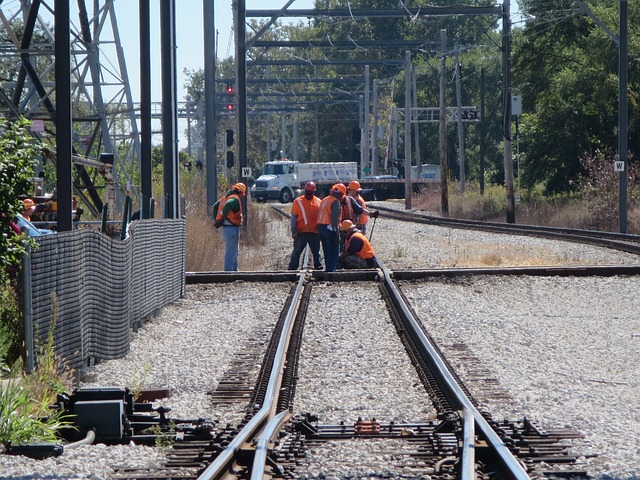

Chemical weed sprays used by railroad workers in Ohio contain ingredients shown to contribute to numerous health problems, including cancer. Railroad employees who use chemical herbicides in their jobs are at particular risk. If you worked on or around railroad tracks and now find yourself suffering from a serious illness, like cancer, you may be entitled to compensation from the railroad. Ohio railroad chemical weed spray exposure could lead to liability for employers when their employees are able to show that they suffered a disease due to the railroad’s negligence in protecting them from the risks associated with these chemical sprays. An experienced railroad injury lawyer could assist in filing a claim and establishing liability.
Railroad employees in Ohio can suffer harm caused by chemical weed spray exposure in a variety of ways. Maintenance of way or track workers are often most at risk because they spray these chemical herbicides as part of their job. Other workers laboring in the vicinity of spraying could also suffer from exposure.
When chemicals are sprayed into the air, workers can breathe in particles through their nose and mouth, and the chemicals may settle anywhere in the respiratory tract. Employees may also suffer harm from exposure through the skin, or by ingesting chemicals that have contaminated food or water. Employers often fail to provide protection from exposure to chemical sprays.
Chemical weed sprays used around Ohio railroads for over 40 years often contain glyphosate as their primary effective ingredient. Workers repeatedly exposed to glyphosate develop concentrations in the body that can cause serious health problems.
Listed as a likely carcinogen by the World Health Organization, glyphosate has been linked to conditions such as:
In addition, some chemicals that are not considered particularly dangerous can cause medical problems when combined with glyphosate. Exposure to other chemicals in Ohio railroad weed sprays, such as dichlorophenoxyacetic acid or 2, 4-D, can also result in serious harm to workers including liver damage and an increased risk of cancer.
Workers in other industries may seek relief through the Ohio workers’ compensation system when they suffer illness or injury caused by occupational exposure. However, railroad workers are not covered by this program and must seek relief through a federal law known as the Federal Employers’ Liability Act, or FELA.
Through a FELA claim, a railroad worker may recover compensation for numerous effects of exposure to chemical weed sprays, including pain, suffering, and loss of enjoyment of life. Damages could also be provided to cover medical needs, make up for lost wages, and offset other costs resulting from the chemical exposure.
The medical evidence showing the connection between Ohio railroad chemical weed spray exposure and debilitating conditions like cancer can be complex. Workers must prove that their on-the-job exposure caused the harm they are suffering in order to recover compensation.
Moreover, they must also demonstrate that their employer was negligent in protecting them from the risks posed by chemical weed sprays. An experienced railroad injury lawyer who understands the requirements of bringing a case under the FELA could prove to be a valuable ally for workers seeking assistance after suffering harm caused by exposure to chemical weed sprays. Relief for injured workers is available but demonstrating that a worker qualifies for compensation can prove to be a challenge. Let a skilled railroad injury attorney help. Call today to schedule a consultation.



© 2025
Doran & Murphy, PLLC
All rights reserved | Attorney Advertising